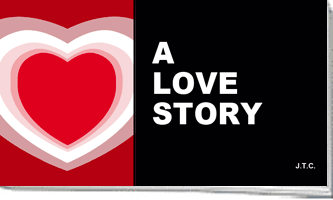Chicago Soul Winning Team Defending Their Freedom
Two students, members of an evangelism team from Wheaton College, have been forbidden to discuss their faith and share gospel tracts in Millennium Park, a public park in Chicago. They have decided to ask a judge to protect their rights to continue witnessing there. Mauck and Baker, LLC, a religious freedom law firm is representing the students. They have filed a motion in federal court against Chicago’s rules.
“On at least one occasion, a park employee informed the students that they could not discuss religion in the park and ordered the students to leave the park if they wanted to talk about religion,” the complaint noted. “By its nature in history, public parks have always been completely open to speech activities,” associate attorney Sorin Leahu pointed out.
One of the city’s rules prohibits any “disruptive conduct.” Such a broad definition leaves a lot to interpretation. America’s founding fathers established the line at freedom of speech. Other countries, who do not have that guarantee, show what can happen. A recent case in England involved a street preacher who was arrested because one person walking by was “offended” and complained to a police officer.
Of course, it is necessary for all soul winners to avoid “disruptive conduct” as much as possible because an offended person is not as likely to receive our message. And judges are there to interpret between constitutionally guaranteed freedom of speech and inappropriate aggressiveness either by government officials or over-zealous Christians.
That is one of the advantages of gospel tracts in these situations. One example is a Chick tract user who was able to discretely and graciously distribute several hundred tracts in a Muslim festival. At the same time, a more aggressive group tried to push their freedom of speech by bringing a pig’s head to the party. Their antics accomplished very little for the kingdom.
It is true that Jesus had very harsh words for the hypocrites who refused to shepherd the people, but He had nothing but compassion for the multitudes who came to hear the good news. While we must use our constitutional rights to defend our freedom to witness, loving our neighbor requires a winsomeness that will attract rather than repel.
Chick tracts are unique in their ability to attract with an engaging story, then deliver a no-nonsense gospel requiring a choice to accept or reject the message. The Great Commission only requires that we “preach” (present) the gospel. Once delivered, the reader is eternally responsible for his choice of what he does with the message.
Modern Bible versions mistranslate this to “make disciples.” But the original manuscripts, faithfully translated in the King James Bible, commission us only to “teach” or “preach,” —to present the message of the kingdom so the hearer can understand the choice. The process of discipling happens after the choice is made and the person aligns with a fellowship who can guide him to maturity.
- See more articles on related topics:
- Evangelism
- Religious Freedom
Other Articles from November/December 2019:
More on Evangelism:
Products of Interest:

This Was Your Life
Everything you have said or done will be played back at judgment. Will your name be in the Book of Life?
Love Story, A
Who loves you so much He gave you life and left heaven to die for you? It was Jesus!
Greatest Story Ever Told
Here's why Jesus really came to earth...from His birth to His resurrection.



